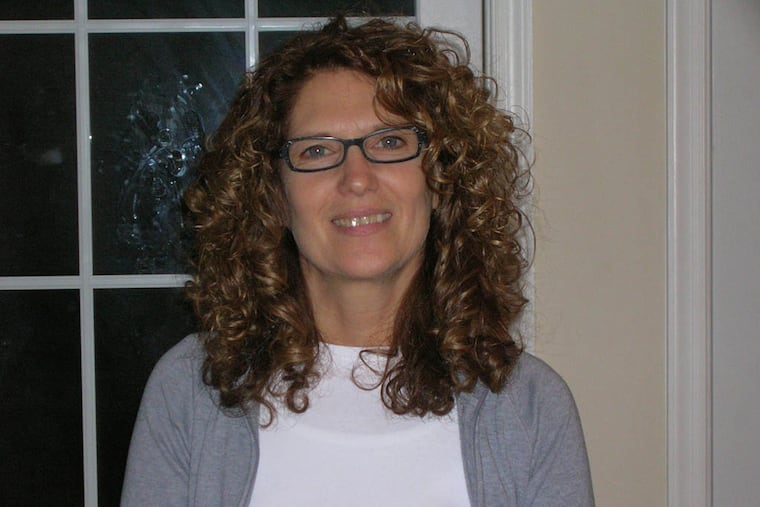Affordable-housing advocates seek tax on flipped properties
Looking for more money for affordable housing, a coalition of Philadelphia groups wants to tax properties if they are flipped by developers less than two years after they were purchased.

Looking for more money for affordable housing, a coalition of Philadelphia groups wants to tax properties if they are flipped by developers less than two years after they were purchased.
The proposal, which its proponents acknowledge has a long road to travel, could contribute up to $12 million annually to the Philadelphia Housing Trust Fund, double the amount there already.
This "antispeculation tax," as envisioned by the Philadelphia Coalition for Affordable Communities, would raise the real estate transfer tax by 1.5 percent on houses resold less than two years after purchase.
In 2013, the coalition maintains, more than 6,000 resales in the city, with an estimated value of $782 million, were properties that had been sold at least once in the previous 24 months - many in neighborhoods where upscale developers have been working.
A transfer-tax increase would be a way to boost resources for an ever-growing number of Philadelphians needing them, said Nora Lichtash, executive director of the Women's Community Revitalization Project. Since 1993, the organization has invested $53 million in building 246 new homes in 10 developments around the city that it also manages, and is planning 50 more.
"Too many organizations are competing for housing trust funds, so doubling the amount" could go a long way to help meet these growing needs, Lichtash said.
So far, the proposal has received positive feedback from several City Council members but no sponsors.
"Initially, we wished to raise the issue before election time, but the horizon seems over the next year," Lichtash said. "We thought it might happen a little quicker."
Lichtash's concern, shared by other coalition members, is that development in many lower-income neighborhoods will force longtime residents out or worsen living conditions. Data provided by the coalition show that in North, South, and West Philadelphia, neighborhoods where upscale development has occurred, household incomes of longtime residents fell and monthly rents rose even as the median home-sale price climbed.
"We value new people," said Lichtash, but "we want the city to care about all of us" and have the money developers make be used for those who need it.
Kevin Gillen, chief economist at Meyers Research and senior research fellow at the Lindy Institute for Urban Innovation at Drexel University, offered another view.
"Insofar as you think that we have too many new residents fixing up too many old homes and growing our tax base is a problem," Gillen said, "imposing a so-called flipping tax seems a rather indirect and even arbitrary way to go about solving it."
Examining home sales in the last two years, he said he found very few transactions that looked speculative - in which the house appreciated in value without any significant improvements being made to it.
Thomas H. Earle's Liberty Resources has 110 physically challenged residents on a waiting list for apartments that would allow them greater independence. He believes a transfer-tax increase could be the answer.
Earle's organization has built 40 units in the city since 2008, all occupied by seniors and those with disabilities who were able to move out of nursing homes and into buildings with able-bodied tenants.
It is much less expensive to build new than retrofit old, he said, and since there is money "in the housing fund earmarked for developers of accessible housing, I am committed to the coalition plan to increase it."
The coalition includes Tameko Patten of Sustainable Urban Development, who advocates using a portion of any added funding to create more community gardens on city-owned vacant property.
The 59th Street Community Garden in Haddington in which she is involved provides "a place for people to socialize and grow food," Patten said.
Gillen is sympathetic to the fact that "displacement of long-term residents [is] unpleasant." But "delaying or curbing the growth of our tax base is synonymous with underfunding our schools and public services," he said.
If you think that taxing gentrification is good, "shouldn't you favor subsidizing depreciation and blight?" Gillen asked. Housing will then be eminently affordable, and no one will ever have to leave their home if they don't want to, he said.
"There's a great example of an urban metro that follows this model," he said. "It's called Detroit."